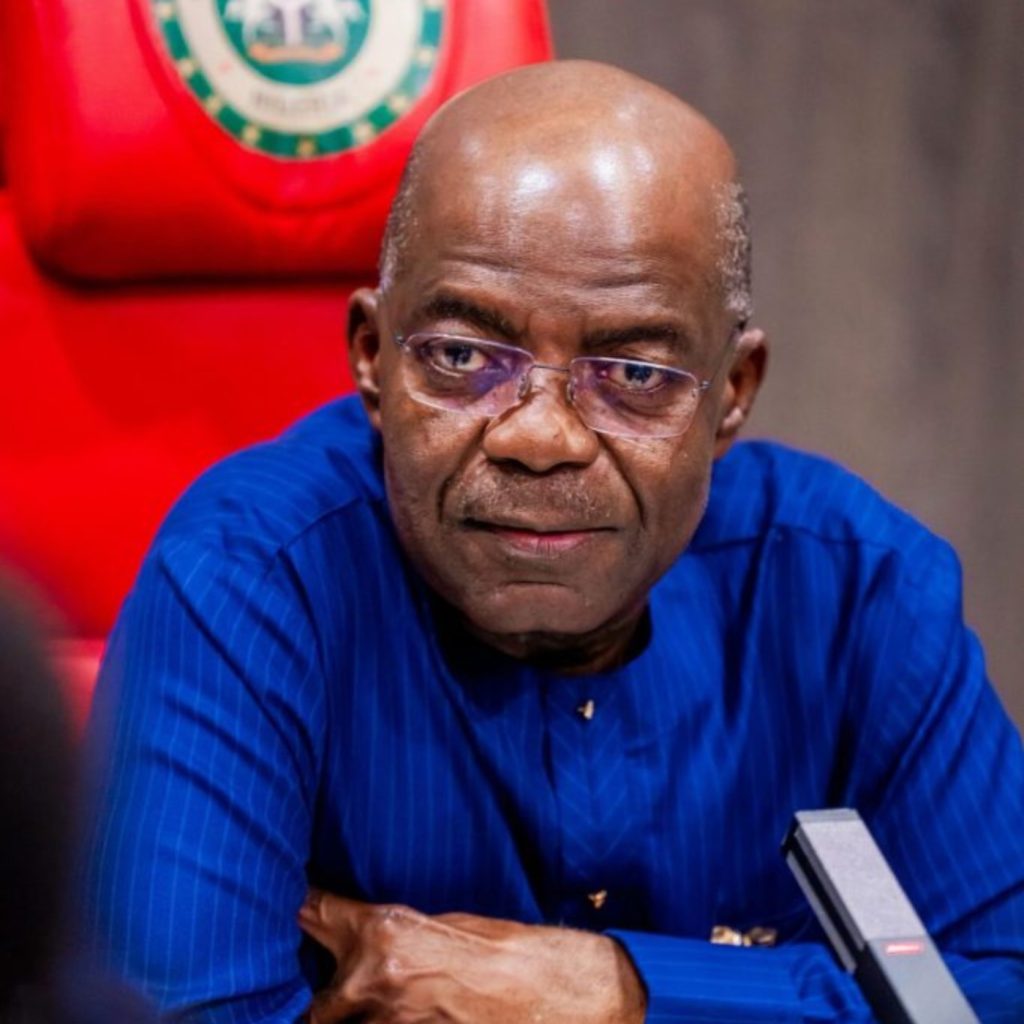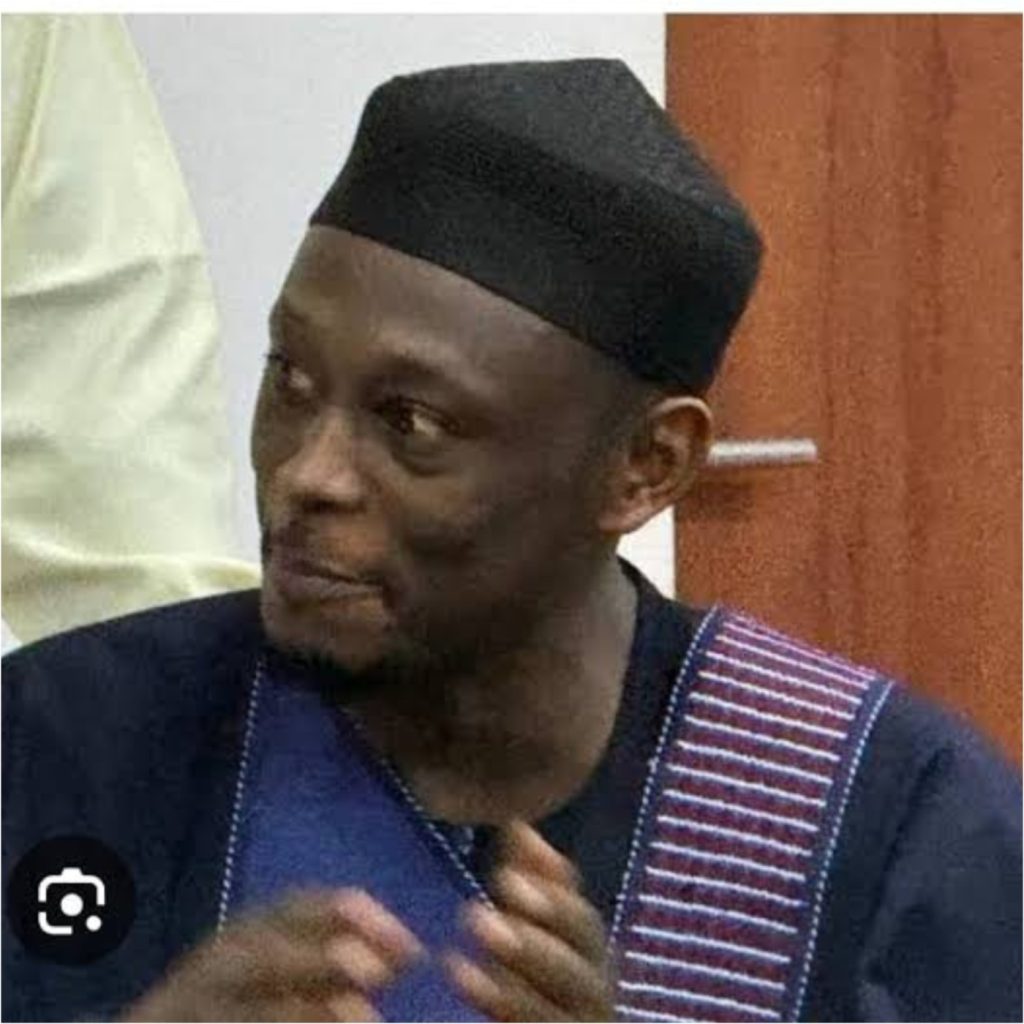Nigeria’s Senate Leader Denies Allegations of Opposing Regional Government
In a statement released on Wednesday, Nigeria’s Senate Leader, Opeyemi Bamidele, has denied allegations that he is working against the Yoruba nation by opposing the call for a regional system of government. Bamidele, a Yoruba himself, has clarified that there is currently no proposal on returning to the regional government before the 10th Senate Committee on Constitution Review.
The clarification comes amidst reports that the senate leader was against the call for a regional system of government during the committee’s retreat in Kano. Some people had described the alleged opposition to regionalism as an attempt to move against the Yoruba ethnic group.
Bamidele has strongly denied these allegations, stating that he never spoke about the regional system of government and did not recommend that the committee should ignore it in the constitution review process. He described the claim as "far from the truth" and a "sheer case of misinformation and deliberate fake news."
The senate leader also threatened to take legal action against anyone or group claiming that he is canvassing against the return of the regional system of government. "How, then, can I oppose the proposal that is not currently before the Constitution Review Committee?" he asked. "I believe this statement is politically motivated to discredit me before Nigeria as a whole."
Bamidele emphasized that he is not working against the interest of the Yoruba or any other ethnic group. He pointed out that the 10th Senate Constitution Review Committee has received 37 fresh constitution alteration bills and is considering 16 inherited bills, making a total of 53 alteration bills. None of these bills, he said, proposed the return to the regional federal governance structure as practised in the First Republic.
The senate leader’s statement has sparked a heated debate about the role of regionalism in Nigeria’s governance structure. While some have praised Bamidele’s commitment to transparency and accountability, others have criticized his alleged opposition to regionalism.
As the debate continues, it remains to be seen how the 10th Senate Constitution Review Committee will proceed with its constitution alteration bills. One thing is certain, however: the senate leader’s denial of allegations has sparked a renewed focus on the importance of fact-checking and the need for leaders to be transparent and accountable.



